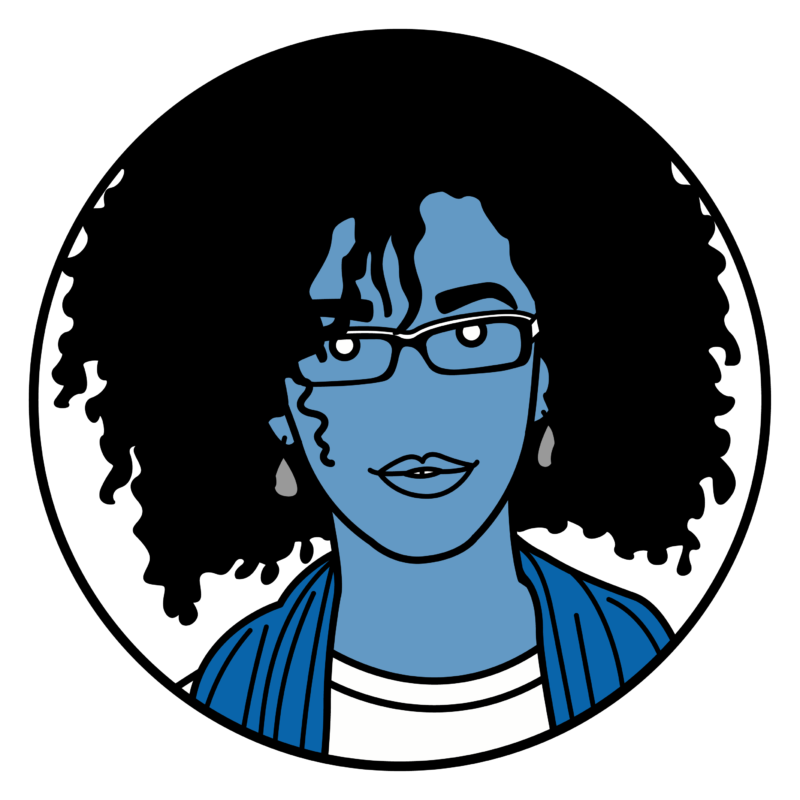Alexis Pauline Gumbs describes herself as a “Queer Black Troublemaker and Black Feminist Love Evangelist and an aspirational cousin to all sentient beings.” And while this naming is expansive and almost comprehensive, as she reminds me in our conversation, “I’m not witness to all of me.” She is the one who embraces that which is “kindred beyond taxonomy,” as she writes in her book Dub: Finding Ceremony; she is also an oracle, a teacher, and a gardener. She is the author of a triptych of experimental poetic works published by Duke University Press: the aforementioned Dub (2020), a book of prose poems that “explores the potential for the poetic and narrative undoing of the knowledge that underpins the concept of Western humanity”; Spill: Scenes of Black Feminist Fugitivity (2016), which stages moments of Black women activating their own freedom; and M Archive: After the End of the World (2018), which “speculatively documents the persistence of Black life following a worldwide cataclysm we are living through now.” Her new book, Undrowned: Black Feminist Lessons from Marine Mammals (2020), is a meditation on what we might learn from the social life of whales, porpoises, dolphins, seals, and other mammals. A National Humanities Center Fellow, Gumbs is at work on her forthcoming book, The Eternal Life of Audre Lorde: Biography as Ceremony.
Her literary work is only one element of her offering. For the past decade, Gumbs has worked alongside her partner, Sangodare, on Mobile Homecoming, an experimental and experiential archive “amplifying generations of queer Black brilliance.” The project centers intergenerational community-building. Starting with a listening tour in a 1988 Winnebago over a decade ago, the couple has been traveling the country, facilitating retreats and compiling a multimedia archive; several participants have described these events as “healing,” which speaks to their impact. (Every third Sunday, you can join live services with Mobile Homecoming.) Also with Sangodare, she cofounded the Black Feminist Film School, which is “an initiative to screen, study and produce films with a Black feminist ethic.”
You have reached your article limit
Sign up for a digital subscription and continue reading all new issues, plus our entire archives, for just $1.50/month.
Already a subscriber? Sign in





